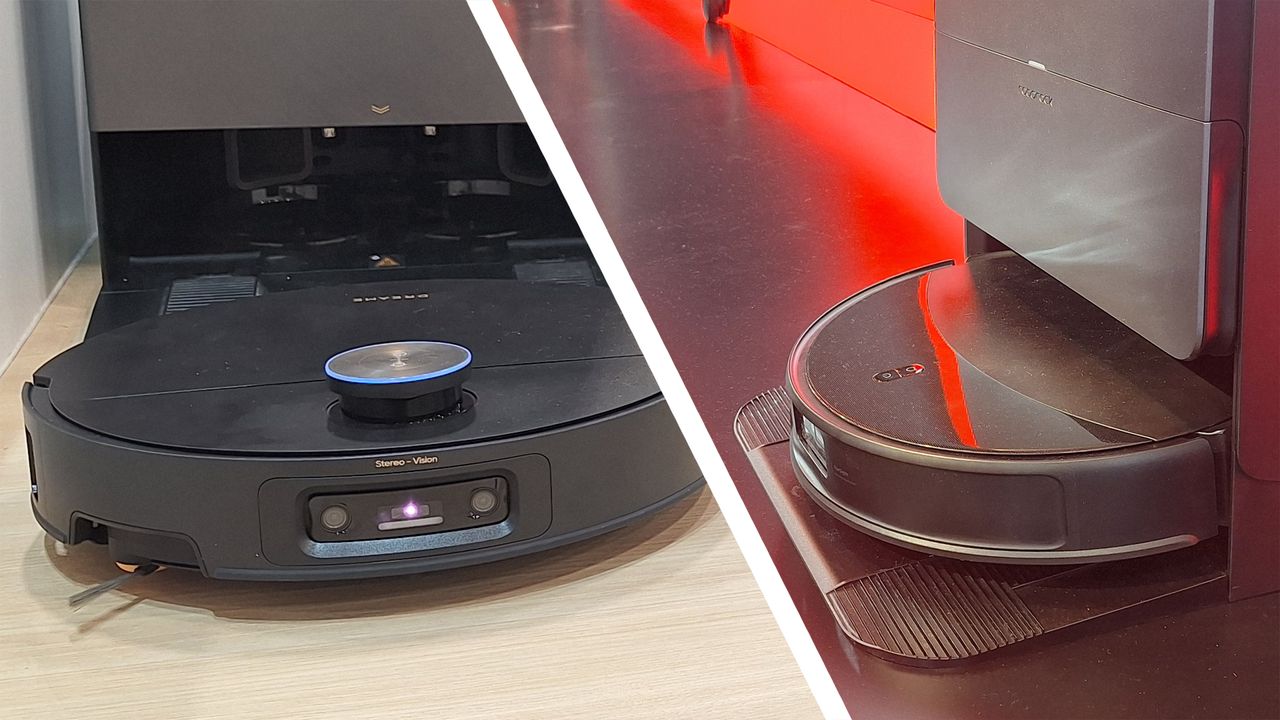
What does the word “diversity” mean to you? When you hear that word do you automatically think differences? Or do you see a group of people who might look different working together and supporting each other? If your answer is the first response, then you’re on the right track. Diversity is about being different. But I think we use it interchangeably with the idea of inclusion. One is a system, the other is people. There are many diversity initiatives in workplaces now. And in some cases it can be very apparent and awkward. But to me, these initiatives highlight our differences. Which is different than celebrating the differences. See where I’m going with this?
In the case of employment, I think it’s important to hire the best person for the job. The person with the most experience, or knowledge in that particular field. Regardless of race, gender, religious beliefs etc. But in my industry, we see employers hiring for “fit”. How does your personality “fit” in with the workplace culture? And is that fair? I could have less experience, but generally be more easy going and get the job. Someone who has worked harder than me is automatically cut out of an opportunity because they weren’t funny enough. Or they didn’t laugh at the right jokes. And in some cases that could be as a result of cultural differences. So I think this idea of “fit” is how people are discriminated against.
 No employer is going to tell you that they hire this way. And there are a lot that don’t. In order for change to occur, the system itself needs to change. And that, my friends, is inclusion. Building a system that sees past the differences. Whether those be in the form of the colour of your skin, your gender, your religious beliefs, whether or not you have a disability or your sexual orientation. Employers should be “blind” to these, but more often than not we see them loud and clear. These are the things that make us diverse. Being a woman, for example, shouldn’t be considered a bad thing. But depending on the industry, it can be a disadvantage.
No employer is going to tell you that they hire this way. And there are a lot that don’t. In order for change to occur, the system itself needs to change. And that, my friends, is inclusion. Building a system that sees past the differences. Whether those be in the form of the colour of your skin, your gender, your religious beliefs, whether or not you have a disability or your sexual orientation. Employers should be “blind” to these, but more often than not we see them loud and clear. These are the things that make us diverse. Being a woman, for example, shouldn’t be considered a bad thing. But depending on the industry, it can be a disadvantage.
With diversity initiatives being more prevalent, we can also see this working in the other direction. Do employers read between the lines of a resume to choose a candidate? Do they see job history or even where you got your degree to determine your race or culture? In the cases where the quota system still exists, these subtle ques may bump your resume up to the top of the pile. Just to meet that minimum. But is that any better than hiring for fit?

In order to build an inclusive system, we need to look at the system we are operating under. The Federal Government of Canada operates under the Employment Equity Act. Which means, if you are: a woman, an Aboriginal, or a person with a disability, you are going to get preference with your application. I don’t believe that means that you will automatically get the job. But if you have a pool of 100 people, and only 5 people in those categories apply, how many people do you interview? I know the Federal Government has a rigorous testing process associated with recruitment, so maybe those less qualified are weeded out during that process. But then is it just an act? Literally a show to make people think that you’re trying to be more inclusive?
I want to see more diversity initiatives in the workplace, but I want to see them outside of Human Resources. I think that it becomes less about celebrating differences and more about targeting differences. Pointing out that someone is different in some way. Build a system that mixes people together in the right way for them to be successful. Diversity makes us stronger, but inclusion makes us better.


![This Anker portable power bank has one feature that keeps bringing me back [Video]](https://9to5mac.com/wp-content/uploads/sites/6/2026/01/Anker-MagGo-FI.jpg?quality=82&strip=all&w=1600)
